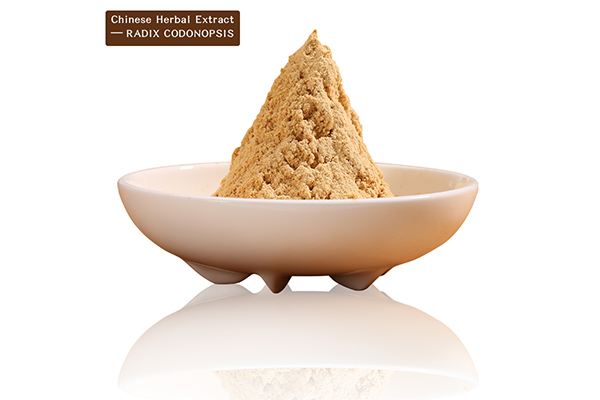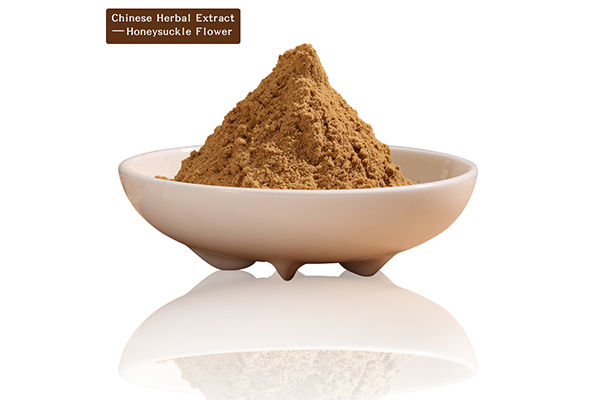
Quality Sourcing and Storage
Begin with high-quality raw materials. The potency and stability of herbal extracts heavily depend on the quality of the herbs used. Source herbs from reputable suppliers, ensuring they are free from contaminants and adhere to quality standards. Proper storage of raw materials in a controlled environment, away from direct sunlight, moisture, and extreme temperatures, is pivotal in preserving their integrity before extraction.
Extraction Techniques
Opt for extraction methods that retain the bioactive compounds and minimize degradation. Techniques such as maceration, percolation, or supercritical fluid extraction can yield potent extracts while preserving their constituents. Careful consideration of extraction solvents and conditions is crucial to prevent the loss of sensitive compounds.
Packaging Selection
Select appropriate packaging materials that shield the extracts from environmental factors. Dark, airtight containers made of materials that resist light and moisture penetration are ideal for preserving the extracts. Vacuum-sealed packaging can further minimize oxidation and degradation.
Temperature and Humidity Control
Storage conditions significantly impact herbal extract stability. Maintain consistent temperature and humidity levels to prevent degradation. Ideally, store extracts in a cool, dry environment, away from heat sources and fluctuations that can accelerate deterioration.
Antioxidants and Preservatives
Utilize natural antioxidants or preservatives to inhibit oxidation and microbial growth. Some herbal extracts are prone to oxidation, leading to a decrease in efficacy. Incorporating natural antioxidants like vitamin E, ascorbic acid, or rosemary extract can help prolong shelf life by preventing oxidative damage.
Regular Testing and Analysis
Implement routine quality control measures to assess the stability and potency of herbal extracts over time. Conducting stability studies, including tests for active compound concentration, microbial contamination, and physical characteristics, ensures adherence to quality standards and identifies degradation issues early.
Regulatory Compliance
Adhere to regulatory guidelines and documentation requirements for herbal extract production and storage. Maintain comprehensive records of sourcing, extraction processes, storage conditions, and quality control measures to ensure traceability and compliance with industry standards.

Why is extending the shelf life of Chinese herbal extracts important?
Chinese herbal extracts contain valuable bioactive compounds that degrade over time, affecting their potency and efficacy. Extending shelf life ensures that these extracts retain their therapeutic properties for a longer duration, maximizing their benefits.
What are the main factors that can shorten the shelf life of herbal extracts?
Factors such as exposure to light, heat, moisture, oxygen, improper storage, and inadequate packaging can accelerate the degradation of herbal extracts, reducing their shelf life.
How to identify if a Chinese herbal extract has gone bad?
Changes in color, odor, taste, or texture may indicate spoilage or degradation of herbal extracts. Additionally, diminished potency or effectiveness could signify a decline in quality.
Does the shelf life of herbal extracts vary based on the type of herb used?
Yes, different herbs contain varying levels of active compounds that react differently to environmental factors. Some herbs are more prone to degradation than others, influencing their shelf life.
What storage conditions are optimal for preserving herbal extracts?
Storing herbal extracts in cool, dry, and dark conditions away from direct sunlight and extreme temperatures is optimal. Airtight containers and controlled humidity levels also help maintain their stability.
Can the shelf life of herbal extracts be extended beyond their usual expiration date?
While proper storage and preservation techniques can prolong the shelf life, extending it significantly beyond the recommended expiration date may compromise the quality and effectiveness of the herbal extract.
Is it advisable to freeze herbal extracts for long-term storage?
Freezing herbal extracts might extend their shelf life, but it could potentially alter their characteristics or potency. Properly assess the herb's stability and consult reliable sources before freezing.
In conclusion, extending the shelf life of Chinese herbal extracts demands a comprehensive approach involving quality sourcing, precise extraction methods, appropriate packaging, and meticulous storage conditions. Embracing natural preservatives, regular testing, and compliance with regulations further contribute to maintaining the efficacy and safety of these valuable natural remedies. By implementing these strategies, the longevity and quality of Chinese herbal extracts can be effectively preserved, ensuring their continued potency and beneficial properties for consumers worldwide.
